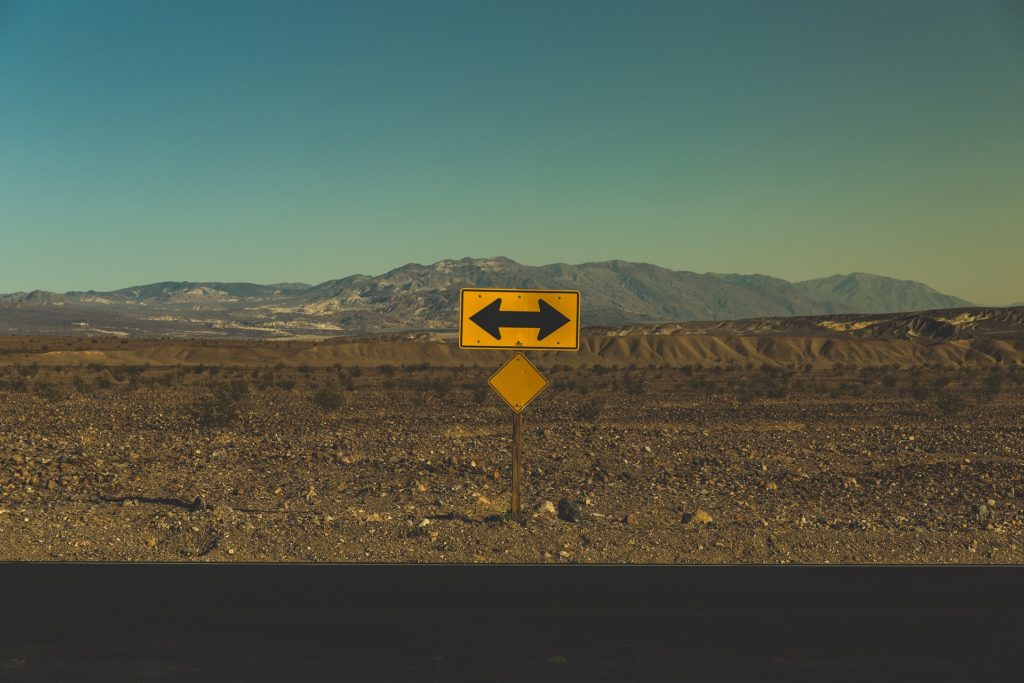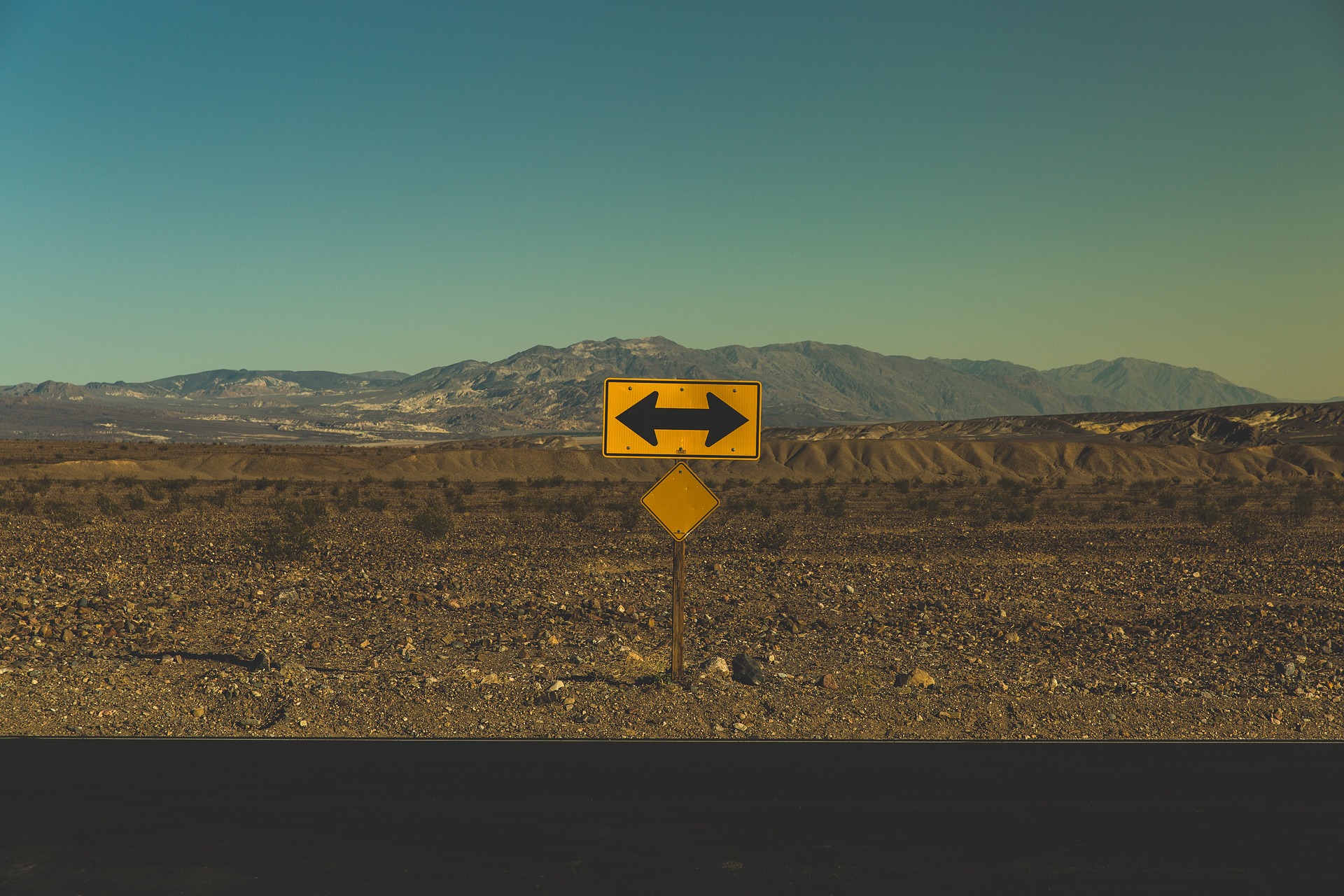
Make a decision!
From the moment we wake up in the morning to when we go to sleep, we are making decisions.
Sometimes we do it consciously, for example, when we choose our clothes for today. Other times, we make automatic decisions, as it is the case when we pick up a cup for having breakfast or when we decide to take our usual route for attending class at high school. What we already know is that our brains tend to create routines. Otherwise, we would constantly find ourselves reflecting on the next step we may take, which would drain our energy dramatically.
The aforementioned examples are related to simple choices in our day to day. But things get harder when we talk about long or medium term decisions, such as deciding what to do after high school. This is the particular topic I would like to write about in this post: how to plan my future while I am still in high school.
When I look at the past and remember that time in my life, I see myself full of doubts. I used to wonder how I could know what I wanted to study in the next five years. I wondered whether I should find a job and therefore becoming more independent. Or maybe a professional training course would be the most productive decision. However, would not a degree be more valued than a training course?
I had many doubts and my future looked uncertain. I found myself forced to make a decision, something I was not ready to do yet, and in addition, my parents would put me under pressure. This way, they also increased my feelings of confusion. Their guidance was forwarded to a degree and not just any degree, but a degree in sciences. In their opinion, a science degree carries greater weight than any humanities degree. Furthermore, if I finally chose business sciences like my father did, I would be able to work at his company and would not need to worry about how to make a living. Under these circumstances, my biggest fear was to disappoint them or not to live up to their expectations.
Additionally, my friends could barely help me to make up my mind since most of them were concerned about getting good grades at their university entrance exams; some were confident about their choice and for them, this was the big opportunity to start doing what they had always dreamed of. Meanwhile, another part of them welcomed their parents’ guidance. However I was drowning in a sea of doubt and time for decision was running out. Was I the only one who had not figured anything out?
Now I think it is understandable to go under these types of crisis as we are not trained for making decisions under such a level of pressure. We have grown up being influenced by messages from our parents, acquaintances or even broadly, from society. As a result, we have a tough time distinguishing between what we want and what moves us out of the fear of not meeting our loved ones’ expectations.
What I learned through my experience is that every decision we take should be an emotional one. The classic problem-solving method consisting of making a list of pros and cons will do little for our purpose as the resulting decision would be rooted on rational thinking rather than on our desires. Nevertheless, how can we connect with our own desires?
In order to start, we can write down on a sheet every possible choice including both the preferred and the feasible options. Once we have our list, we will take more proactive steps: in case we want to study, we will start investigating about the possible universities and professional colleges, the different career opportunities for every degree, etc. alternatively, if we want to start working, our first move could be searching places where we can submit our CVs. While we collect this information we can talk to someone who has already been in our situation or even to people who belong to the work environment we are interested in so that we can test the feelings we get from visualizing ourselves there.
Doing our own research and narrowing down the possibilities is the only way to get to know what our place is
Once we have made a decision, the fear of getting wrong can also cause us anxiety. No one can escape from that possibility and we will only be able to know whether we are right if we take that risk. Furthermore, the path we may choose is not a one-way street and there will always be time for taking another route. Working life is very long and we will not be able to know whether we can imagine ourselves making a professional career on a specific field as long as we will not start working in it.
Last but not the least, let’s keep in mind that the path is made by walking and as long as we feel responsible for our decisions. Although this may make us dizzy, it will make us free.
P.S.: If you want to have therapy in English, you are welcomed at Alba´s. Click here to know more: https://www.albapsicologos.com/terapia-en-ingles/
Alba Psicólogos
Avda. Príncipes de España, 41 (28823 – Coslada, Madrid)
hablamos@albapsicologos.com 91.672.56.82
Images source: https://pixabay.com/en
Translation: Víctor López Virgós


